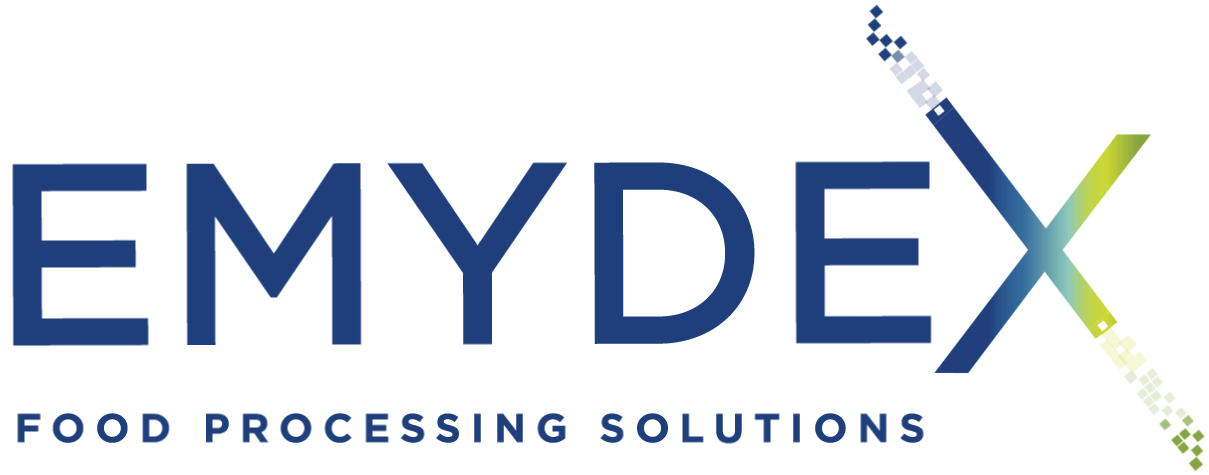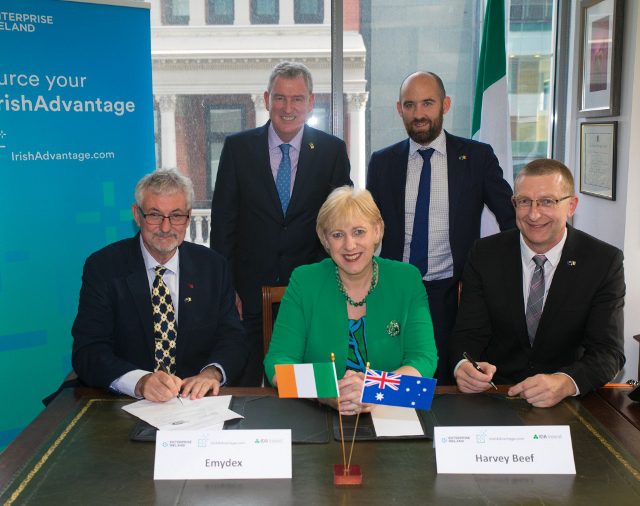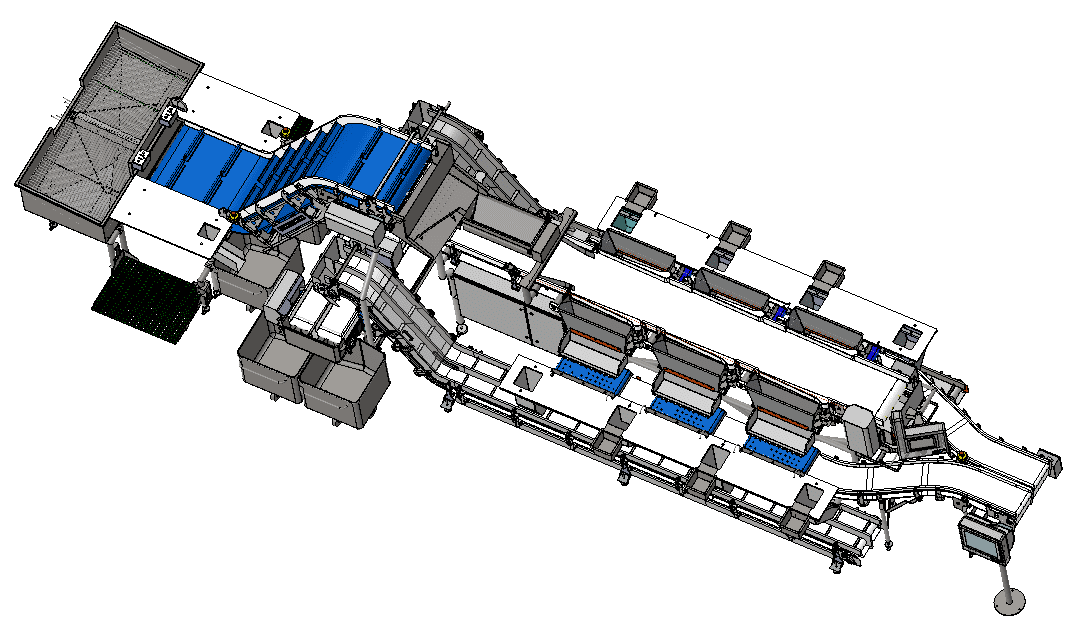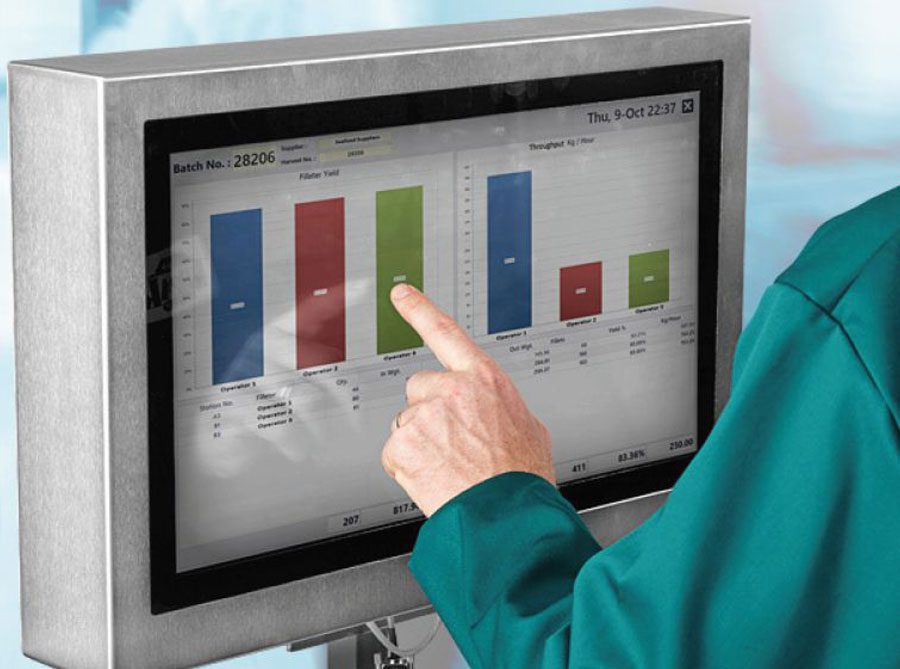What happens when an innovator works in partnership with a leader.
A new Emydex system has helped production run a lot smoother for Danish Crown subsidiary KLS Ugglarps in Hörby, Sweden
A blue-chip client
When Danish Crown approached Emydex about designing and implementing a kill line system on a pilot basis for their plant in Hörby, naturally we were very interested in talking to them.
After all, Danish Crown is one of Europe’s largest meat processing companies and the world’s largest pork exporter. As a group it is involved in a long list of other food products with subsidiaries that include a number of very well-known names in the industry: Friland, KLS Ugglarps, Scan-Hide, Tulip Food Company, Tulip Ltd (UK), Sokolow, Dat-Schaub, ESS-FOOD and WestCrown.
Danish Crown was established in 1887 by Denmark’s first co-operative meat company and today has market access to more than 130 countries around the world. It has sites spread across 10 countries in mainland Europe, the UK and most recently China. Working with this blue-chip organisation presented a great opportunity for Emydex.
The pilot site
The pilot site was the operation in Hörby, Sweden and the brief was to create a modern factory floor IT system that was both highly-configurable and flexible that Danish Crown could potentially roll out across multiple production sites within the group
A challenge for Danish Crown was that through acquisition of processing plants around the globe, their factories use various software solutions of different origin and version, which were difficult to for their Global IT team to manage, as they weren’t integrated, and so some factories were not running as efficiently as they could be.
How we approached it
We assembled a project team of Emydex solution engineers and managers working in Dublin and Danish Crown’s central IT team working in Denmark and they collaborated to commission and configure a state-of-the-art Emydex software solution for the Hörby plant.
The new system featured a number of Emydex modules including Beef and Lamb Kill Line, Primary Packing and Processing, Yield Reporting, Carcass Management and Order Processing/ ERP Integration.
One of the more important elements we had to include was integrating with the Swedish Central Animal Database (CDB) which enables files sent by the government listing every live beef animal to be imported into Emydex. When animals are entered at the stables as they arrive at the factory, their ear tags can be validated against the central database.
Going live
We were ready to launch phase one within 5 months of contract signing, and in January 2019 the collective team from Ireland and Denmark met at the Swedish plant, to prepare for and go-live with the new Emydex system. The implementation went very smoothly thanks to rigorous testing and preparation.
The results
Hörby now has a robust factory floor solution and the most immediate result has been increased productivity for KLS Ugglarps and Danish Crown. “With the new Emydex system one of the added benefits is that it enables vet inspections all along the kill line in real-time. Hide processing has increased visibility and carcass intake is smoother via ASN or parse barcodes which eliminates onerous data entry” said Shane Hayes, Business Analyst/Technical Sales with Emydex
In other’s words
Speaking shortly after the Emydex system go-live in Hörby, Henrik Frøsig, Director, Solutions & Innovation, Global IT, Danish Crown commented,
“From day one we were able to slaughter and process more animals than usual. The kill line didn’t stop as it usually might, and everything was more stable and more efficient from the get-go. Our operators are very pleased with the solution… it has a nice interface and does its job very well. They didn’t need much training at all because the screen tells everyone what they need to do and when.
Efficiency and ease of use is why I recommended it to our other facilities around the world. Plus Emydex service is very good, they react very well to our requests and are getting better and better at what they do as they scale up with us. They listen, respond and react and that’s why we are taking them out of the pilot phase and into our group operations worldwide.
(It is) a good system with a great overview with all the information we need at our fingertips. Inventory overview, for example, is now an easy thing for everyone to see immediately. Emydex gives us data we never really had access to and that means innovation and growth is coming to us too, bringing maturity to our own factory here.”
What’s next?
The next stage of the project will include rolling out the Hörby solution to the other six sites in Sweden and then approach Danish Crown’s global network of sites.
